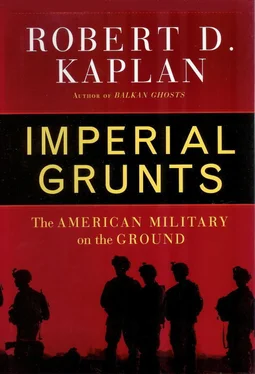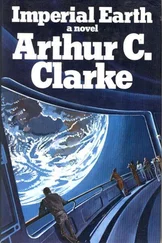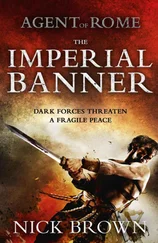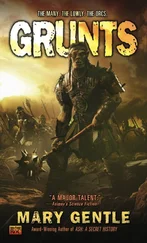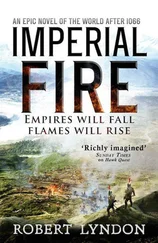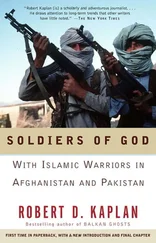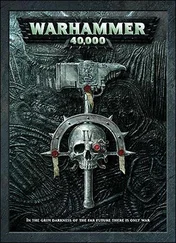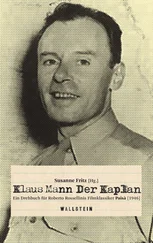I asked Byrne why the Marines had not shut down Al-Fallujah immediately after the murder of the contractors, to prevent the perpetrators from escaping the city: what the Israelis would likely have done. Instead, they had waited five days.
He explained: “In the West Bank, the Israelis have ‘flooded the zone,’ dividing it into sectors and checkpoints. Because the Israelis are already there in such numbers, it’s less trouble for them to cordon off a city. But we are spread thin throughout Iraq. For us to cordon off a city takes a special effort. If we do that every time there is an outrage, soon the enemy will be dictating our every movement.”
Indeed, the Marines were doing this operation on a shoestring, initially with two battalions, when they really required three: Hue, a city with half the population of Al-Fallujah, had been invested with nearly three Marine battalions. As I had observed in Afghanistan, there were just too many support troops concentrated near the capital, and too few fighting elements dispersed throughout the countryside. Nothing angered me more than to enter a vast chow hall at Camp Victory, the headquarters of the military coalition at Baghdad airport, and see it teeming with troops choosing different kinds of fine cakes for dessert, and then to travel in the countryside and see barely a U.S. presence at all. The U.S. military was everywhere burdened by a top-heavy bureaucracy, with too many layers of staff that needed pampering. Thus, it was organizationally miscast for dealing with twenty-first-century insurgencies. In both Afghanistan and Iraq, as I had seen, the U.S. military had set up structures it was historically comfortable with, not those particularly suited for the challenge at hand.
I spent the first half of April 5 touring various traffic checkpoints with Byrne, and listening to casualty reports (eight wounded so far). In mid-afternoon, regimental and division-level commanders powwowed with Byrne and his company captains by the side of his Humvee in the desert, a mile outside Al-Fallujah. A snatch of the conversation:
ONE OFFICER TO HIS HIGHER-UP: “Sir, we have a problem with an ICDC commander. He’s still sitting on the fence about whether to commit his men to this fight.”
HIGHER-UP: “Tell him we’ll incarcerate his fucking ass and then send him to Baghdad to beg on the streets the rest of his life. By the way, keep your men disciplined. I don’t want reports of shooting or mistreating civilians. Remember, your men are going to be under a lot of pressure.”
It was decided that when Bravo Company penetrated the city along with Alpha and Charlie, all fanning out in different directions in the industrial zone of southeastern Al-Fallujah, marines would affix bayonets to their M-16 assault rifles. The point was mainly psychological: to show the people of Al-Fallujah that the marines truly meant business. As one high-ranking officer told me, “Folks here have been conditioned to seeing the U.S. Army patrol the main roads in large vehicles. We aim to dismount and enter on foot with bayonets.”
After the division and regimental commanders left, Byrne and his captains went over the radio call signs: “Geronimo” for the lieutenant colonel and the Renegades, “Apache” for Alpha Company, “Blackhawk” for Bravo, “Red Cloud” for a platoon from Weapons Company that would assist Alpha and Bravo, “Little Wolf” and “Crazy Horse” for two counter-mechanized units, and so on.
As the sun was setting and word came of three KIAs from Charlie Company by the cloverleaf, I said goodbye to Lt. Col. Byrne and walked with Capt. Smith a few hundred yards through the desert to where Bravo Company was assembling for the night attack.
———
Capt. Smith briefed his lieutenants and staff noncoms, then conducted comms rehearsals. They lit cigars and had a smoke together before dispersing to their various Humvees and seven-tons. Smith handed me over to 2nd Lt. Joshua Palmer of Banning, California, who escorted me to the seven-ton in which I would be riding.
Second Lt. Joshua Palmer, like 2nd Lt. David Russell, was a polished, well-spoken, and well-read college graduate in his early twenties, who had joined the corps out of a true sense of idealism. I remember the serene glow in his eyes. He talked easily with his men, who had not the education that he had. Like Capt. Smith, 2nd Lt. Palmer was the picture of contentment that evening. The two of us sat together in the front of the seven-ton, talking about books and listening to the sounds of rockets and mortars above the drone of the truck engine, trying to forget how cold we were. Al-Fallujah lay a quarter of a mile away.
Al-Fallujah was known as the “city of mosques,” with more than two hundred in the city and surrounding villages, making it a regional center of Sunni Islam. Its name, though, might have had a pagan derivation: Pallugtha, an Assyrian word for “division,” a reference to a side branch of the Euphrates that no longer existed. Al-Fallujah marked a northern border of the kingdom of Hammurabi (1792–1750 B.C.). From antiquity, one of the two major land-based trade routes that connected Mesopotamia to Syria and the Mediterranean began near here. Because of the city’s reputation for tribal independence and smuggling, Saddam had to work to keep the city under control. Thus, it was made into a Baath party stronghold.
At midnight the trucks began to move, zigzagging without lights to avoid mortar hits as we crossed the short patch of desert to where the city streets began. In a moment we were outside the walls of the soft drink factory which satellite photos and other intel had indicated would make a suitable forward operating base for Lt. Col. Byrne and 1/5. Immediately Bravo began rounding up PUCs, including some Sudanese nationals. But the factory was taken without a fight.
Byrne soon arrived to take command of his new post, a sprawling cluster of one-story buildings protected by an outer wall. With him was Col. John Toolan of Brooklyn, the RCT-1 commander. Col. Toolan tried to inspect the area to the east of the compound, but his up-armored Humvee immediately came under intense bombardment, silenced by the guns of a hovering AC-130 Spectre gunship called in by a forward air controller on the ground. [90] The AC-130 in particular is a magnificent asset, an attack cargo plane designed to fly for hours at a time above the battlefield, carrying tens of thousands of pounds of ammunition for its 25mm and 40mm guns. Because it can hover for hours, its crew gets to understand the battle space, talk to the ground-based forward air controllers, and be intimately involved in the fight. The Big Air Force is no fan of this rather antiquated plane. But old-fashioned counterinsurgency is part of the U.S. military’s future. Thus, the AC-130 could continue to prove more useful than some of the high-tech jets and other gizmos in the Air Force’s arsenal.
All of this happened within the space of a few minutes.
I found Capt. Smith just as he had begun to lead Bravo’s advance deeper into the city on foot. Streets and buildings were blacked out. Marines fanned out into alleys under the moonlight, as mortars and rockets sounded in the northern half of the city, a half mile away, where we could see tracers.
It was organized confusion, as Smith kept trying to ascertain the boundary seams between Bravo and Alpha directly to the south and behind us. Against a surrealistic urban landscape of howling stray dogs and the sand-encrusted remains of rusted automobiles and cement mixers, marines in their desert cammies crouched motionlessly at every intersection, like so many gray boulders, peering through their night vision goggles, their rifles covering designated fields of fire.
Smith’s forward contingent of Bravo moved out of the industrial zone and into an area of low-end stores. Yet the whole of Al-Fallujah still looked like one big automobile chop shop. Just before dawn, when the prayer call sounded from nearby mosques, we reached “Michigan,” the broad thoroughfare that marked the northern edge of 1/5’s responsibility. It would be days before the other battalion—2/1—might be able to reach it from the other side.
Читать дальше
